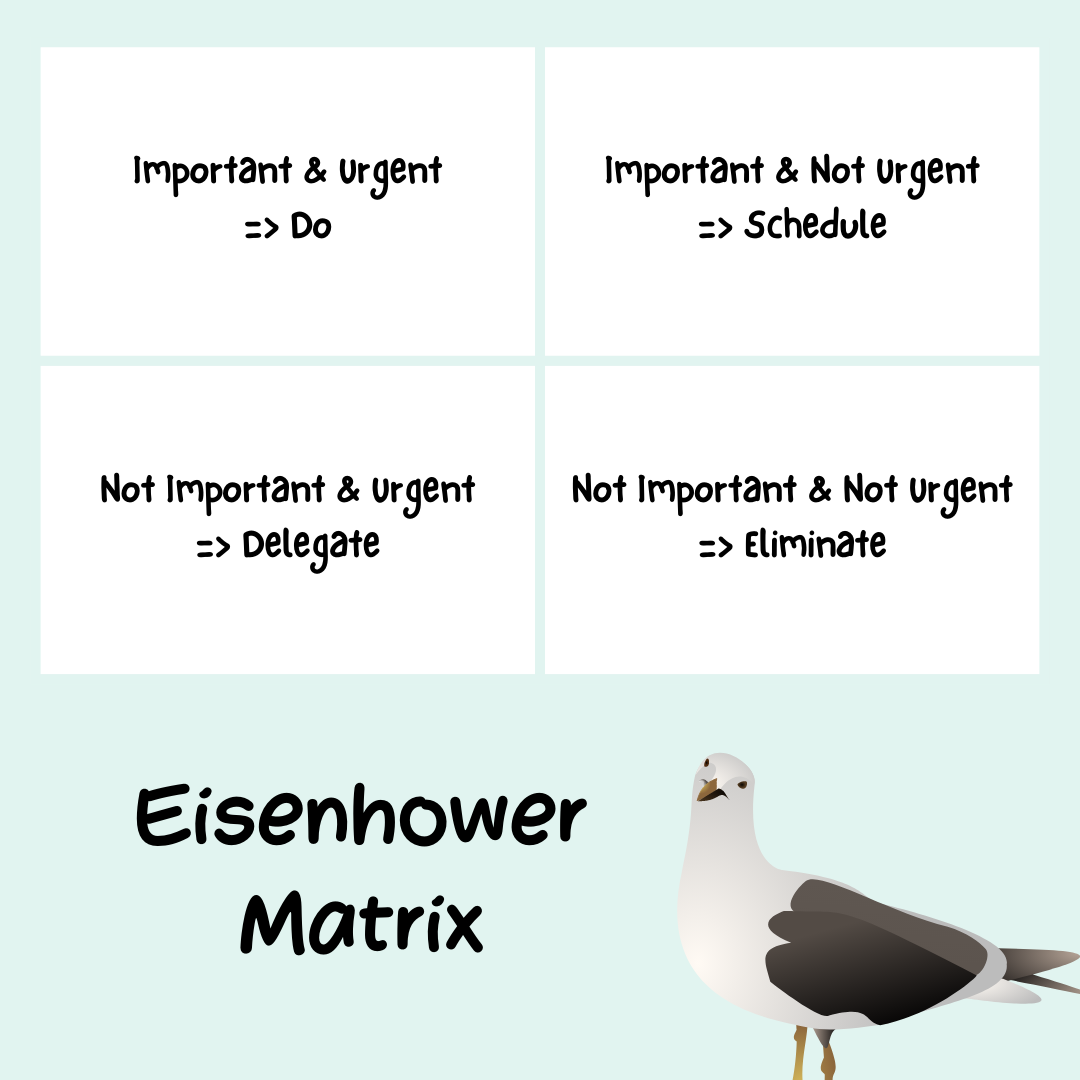How to catch up when you are feeling overwhelmed
We all face overwhelming challenges from time to time. But how we handle them can make a big difference in our lives.

This year has been particularly challenging for many of us, and we've learned some hard-earned lessons about how to deal with being overwhelmed. Here are some of the things we've learned.
What does it feel like to be overwhelmed?
It feels like you're constantly trying to keep up with everything, and you can't. Like you're drowning in a sea of responsibilities, and you can't catch a break.
It's important to remember that everyone feels overwhelmed from time to time. These feelings are perfectly normal, and it doesn't mean that you're a failure. It just means that you have more on your plate than you can handle at the moment.
The best thing you can do about it right now is to take a step back and take a break. I know that this is the last thing you want to hear, and I know that this goes against every thought spinning in your head.
But it is essential. Step away from the computer, take a walk, nap, watch a movie, play an intense game. Distract yourself. Then come back here when you are feeling calmer.
Done? Good. Now we can get to work.
Prioritizing your tasks
Your first task is to prioritize your work. Prioritization allows you to focus on the most urgent and important tasks, and eliminates worry about other less important tasks.
For this, we will use a tool called an Eisenhower matrix.
Named after President Dwight D. Eisenhower, the Eisenhower Matrix is a task prioritization tool that divides work into four quadrants based on importance and urgency.

Here's how it works:
First, you need to identify your tasks. Once you've done that, you can then place each task into one of the four quadrants:
Important and Urgent - Do - Tasks that are both important and urgent should be your top priority. These things need to be done right away and can't be put off.
Important but Not Urgent - Schedule - Tasks that are important but not urgent can be scheduled for later. These are the things that are important to your long-term goals but don't need to be done right away.
Not Important but Urgent - Delegate - Tasks that are not important but urgent can be delegated to someone else. These are the things that can be put off and don't really need to be done at all.
Not Important and Not Urgent - Eliminate - Finally, tasks that are not important and not urgent can be eliminated entirely. These are the time-wasters that you can safely ignore.

Setting boundaries for your time
Now that you have your tasks prioritized, the next step is to set boundaries for how and when you are going to work on them.
It's important to set boundaries for your time in order to avoid burnout. You can do this by setting aside specific times for work and leisure, and by saying no to requests that would intrude on your personal time.
Separate your workday into sessions
If your work involves problem-solving, a great technique is to split your working time into sessions. A session is a block of time, usually 50 minutes long, followed by 20 minutes of rest.
Start working on your project and set a timer for 50 minutes. Once the time is up, step away from the computer and take a 20-minute break to recharge.
By working three sessions per day, you will on average get more stuff done compared to a regular 8-hour workday.
Sessions are more efficient because our brains did not evolve to focus on a single task for an extended period of time. Your mental energy drains continuously when you work, and eventually, you reach a state where your work no longer makes sense.
If you continue to push yourself after you have become exhausted, you end up in a state I like to call "spinning," which means you lose control of your thoughts, and you end up in a cycle where you cannot stop thinking about it, even though the work no longer makes sense.
This state can persist for several hours after you are done working, sometimes even keeping you awake, unable to sleep, because it tricks you into thinking there was something really important you should be remembering.
This is obviously not very productive, so by sticking to 50-minute sessions and getting healthy rest in-between, you ensure you do your work with an appropriate level of mental energy.
Do not work overtime unless absolutely necessary
Most projects are marathons, not sprints. A good analogy is that by running a bit faster right now, you are going to finish much later because after you stop sprinting, you are no longer able to run as efficiently as before.
And just like running, your mental energy is a finite resource. Working 16 hours on Monday means you will be working far less efficiently every day for the rest of the week. And what makes this even worse than the marathon example is that those extra 8 hours you worked on Monday are likely only adding one or two hours of additional productive time due to exhaustion.
Get proper rest
There is nothing more counter-productive than trying to get stuff done when you are feeling mentally exhausted.
So, if you are feeling exhausted, take the day off with good conscience. It is not a weakness; it is charging up so you can work more efficiently later on.
Start the workday with an easy win
So, now you are ready to get started, remember the tasks you categorized earlier? Find the easiest task in the DO quadrant, and do it.
Starting with an easy win gives you a shot of dopamine and puts you in the flow zone to get started with the more challenging tasks.
Personal note
A year ago, Gina and I quit our jobs to work on Emberly full-time. We had saved up enough funds to last six months, and the plan was to spend that time marketing until it could support us.
However, we quickly realized something essential was missing from Emberly.
That was the collaboration. The problem was to support a collaboration feature; we needed to completely rebuild and redesign the entire application.
In front of us was the scariest, most difficult, and most overwhelming task we had ever taken on, and with our dwindling funds, mortgages, no investors, and a product that cost us money to run every month, the deadline was very real.
The only thing we could do was to start working towards that goal, and day after day, we made small victories. Some days the victory was being able to reduce our spending. Other days we reached milestones taking us closer to the missing feature.
And over time, we were able to stretch our funds even further. Six months turned to nine. Nine months turned to a year.
A year later, we finally shipped the update, and it felt like a huge burden had been lifted from our shoulders. Finally, Emberly was in a position where we felt like it was genuinely adding value to people's lives, and we could market it with good conscience.
The ideas in this article are all things we learned from that experience and represent ideals we hold close to our hearts. So I hope from the bottom of my heart that these tips will be helpful to you too!
Sources





